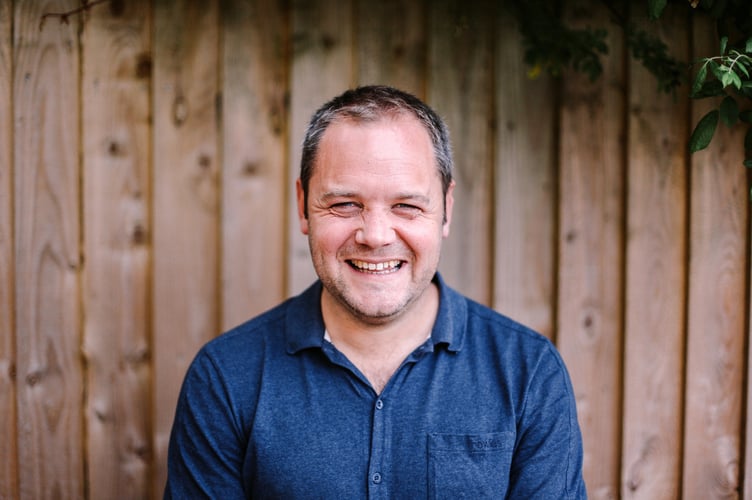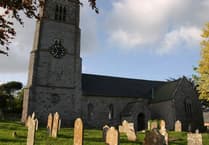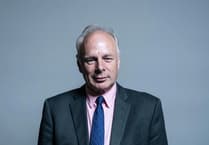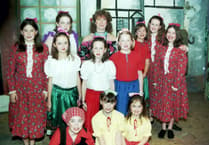AS I hit my teenage years the Berlin Wall came down. Soon after I became an adult the Good Friday Agreement was signed.
I grew up in a world in which it seemed like things could only get better – we were seeing the march of human progress, the arc of human history bending toward justice.
Though there is still much that is good to celebrate, today it feels different again – not least because we find ourselves in struggle and warfare, the like of which many believed we had left behind.
The beauty of this period is that Advent will not be easily distracted by all the tinsel and lights; it ignores neither the pain and darkness of the world around us, nor the fears that have taken up residence in our own hearts.
In our churches over the next few weeks we will hear from the Bible about plundered wealth and destroyed homes, ruin and devastation in the world, times of darkness and gloom, and even the light of the sun being darkened. And if that weren’t bleak enough, we’ll also turn inward and consider our own hearts to spy darkness there, too.
We’ll hear about our best efforts at living well sometimes being little more than dirty rags, about our noisy self-affirmations which are yet unable to drown out the injustices we visit on others.
Yet, Advent does not only look intently and honestly at the insistent brokenness of the world behind all the hype and noise of Christmas; it also refuses to give up on the concrete hope that the world and its people can still be healed.
And so we will also hear about truth springing up from the earth, about righteousness and peace kissing each other, and about justice breaking upon us like the dawn.
We will read about new strength coming to those who have been beaten down, about rough places smoothed out, about comfort for mourners and healing for broken hearts.
This season of Advent is one of my favourite times of the year because of this mature way it holds the sadness, brokenness and wickedness of life alongside the expectation that new joy and new hope and new life can still break out in our confusion and selfishness.
Advent reminds us of these two things: that we do not need to hide the horrors of our world behind a festive brave-face; and that even when the horror threatens to swamp us, we can be reassured that new light will overcome the darkness.
Advent shows us that it is possible to hold on to both grief and joy, to look at both fear and hope square on.
The audacious claim of Christianity is that the basis of our hope, the foundation of our joy, comes in the arrival of a baby into a world of fear and grief, a baby who will claim that God is working and loving in the turmoil, making all things new.
Advent is a time for honesty about the difficulties the world faces, and a time of hope for the future.
James Gregory
Senior Pastor




